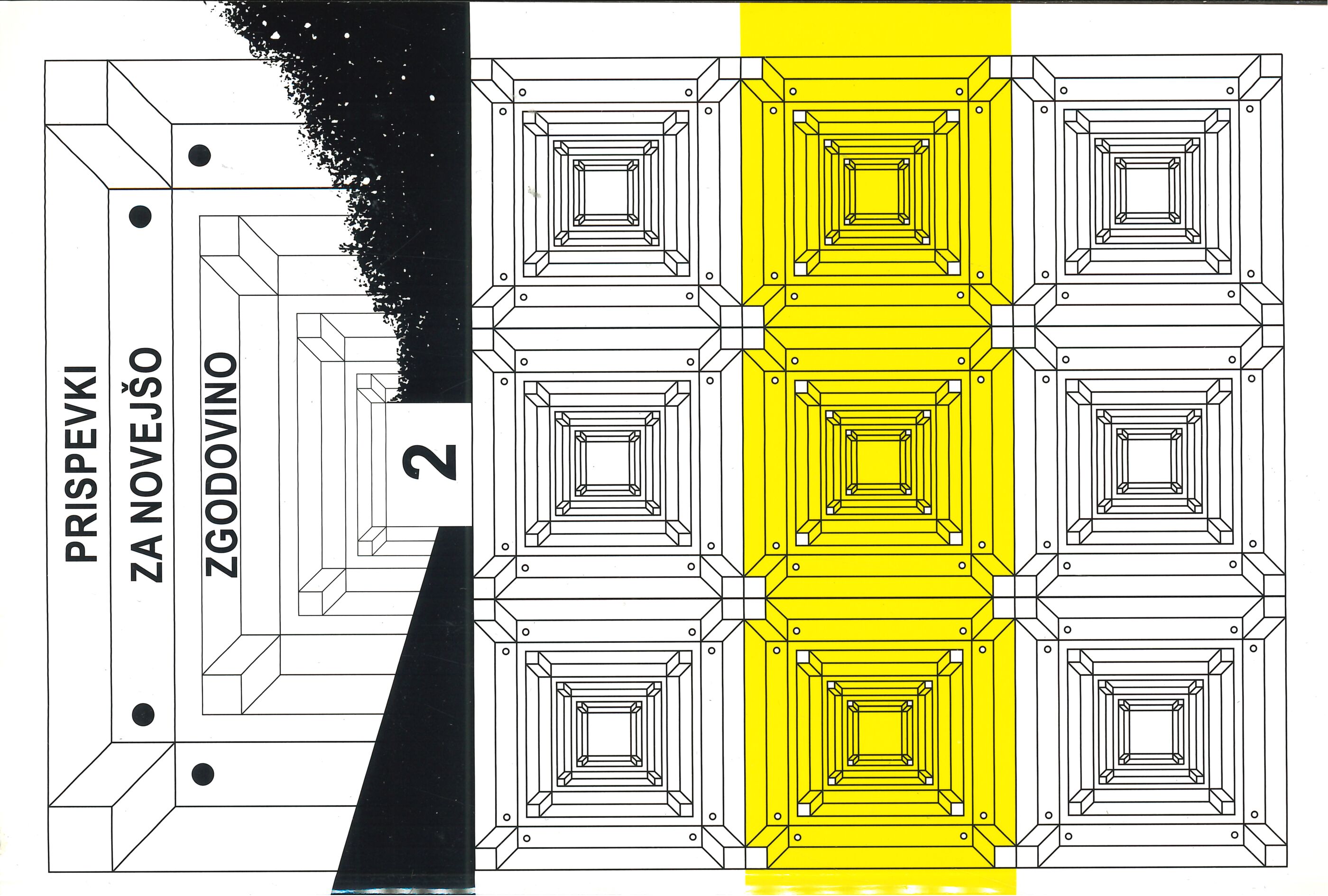Reprezentacija »madžarske usode« – neohistoricizem v politiki in ljudski kulturi
Keywords:
Hungary, history, politics, neohistoricism, nationalismAbstract
REPRESENTATION OF THE »HUNGARIAN DESTINY«: NEOHISTORICISM IN POLITICS AND PEOPLE'S CULTURE
The author describes the so-called neohistoricism in Hungary during the government of Viktor Orbán (1998-2002), encouraged by the government’s own political needs and based on awakening the famous past, used for contemporary (current) political purposes. Just like all populist parties, Fidesz as the ruling party in Hungary resorts to every trick of nationalism, and in its actions it pays no heed to any ideological consistency. For its propaganda purposes this party has abused every historical event and historical character, from the thousand-year anniversary of the establishment of the Christian Hungarian state and King Stephen I to Admiral Horthy as well as a shaman from Tuva (located in the geographic centre of Asia), who carried out a ritual of honouring the ancestors and a cleansing ceremony in front of the Stephen’s crown and its guard in the Hungarian Parliament on the national holiday of the Hungarian revolution (15 March). Neohistoricism has a strong nationalist implication, for example, it keeps mentioning the »unjust peace« from the Treaty of Trianon and rekindling the dreams about the »Greater Hungary«.
Downloads
Published
Issue
Section
License
Authors who publish with this journal agree to the following terms:
- Authors retain copyright and grant the journal right of first publication with the work simultaneously licensed under a Creative Commons Attribution License that allows others to share the work with an acknowledgement of the work's authorship and initial publication in this journal.
- Authors are able to enter into separate, additional contractual arrangements for the non-exclusive distribution of the journal's published version of the work (e.g., post it to an institutional repository or publish it in a book), with an acknowledgement of its initial publication in this journal.
- Authors are permitted and encouraged to post their work online (e.g., in institutional repositories or on their website) prior to and during the submission process, as it can lead to productive exchanges, as well as earlier and greater citation of published work (See The Effect of Open Access).


